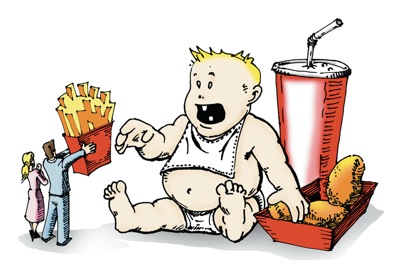The San Francisco Chronicle reports that San Francisco’s middle class is leaving, priced out of the housing market. Unfortunately, they got the reason for it wrong.

Click for a larger version. Flickr photo by (nz)dave.
“The trend of well-heeled and upwardly mobile young professionals moving into cities across the country, drawn by a newfound affection for the amenities of urban life, is by now well documented. It’s led to many benefits: Cities are revitalizing aging downtowns with new buildings and businesses, people are walking and using transit instead of making long commutes in polluting autos,” says the Chronicle. “But it’s also been putting pressure on housing prices for existing stock and, many argue, steering much of the new development toward the high end.”









